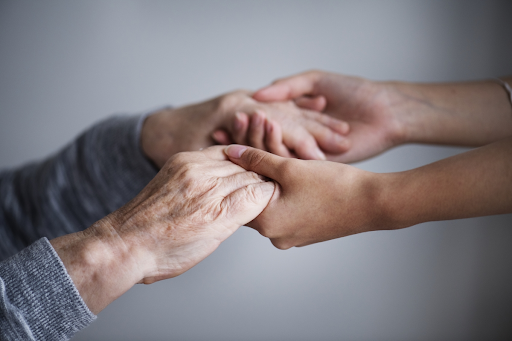When it comes to ensuring the well-being of our loved ones, comfort and confidence go hand in hand. Whether they are aging, recovering from an illness, or simply need extra support in daily life, the right services can make a significant difference. From specialized medical care to lifestyle assistance, these services create an environment where individuals can thrive while maintaining their dignity and independence.
Home Care Services: A Personalized Approach to Support
One of the most effective ways to ensure comfort and independence for loved ones is through home care, which provides assistance directly in the familiar environment of their own residence. This service can range from help with daily activities like bathing, dressing, and meal preparation to more specialized medical support for chronic conditions. Home care services not only reduce the need for relocation to a care facility but also promote emotional well-being by keeping individuals close to their communities and loved ones.
Hearing Doctor: Enhancing Communication and Quality of Life
A hearing doctor plays a vital role in maintaining the confidence and social engagement of individuals with hearing loss. Hearing health impacts more than just the ability to listen; it influences mental well-being, safety, and daily communication. From conducting comprehensive hearing tests to fitting and maintaining hearing aids, these specialists ensure that people can participate fully in conversations, activities, and important life moments. Early intervention can prevent isolation and help individuals stay connected to the world around them.
Physical Therapy and Rehabilitation Services
Mobility and physical strength are essential for maintaining independence. Physical therapy offers targeted treatments to help individuals recover from surgeries, injuries, or age-related limitations. Rehabilitation programs may include strength training, balance exercises, and pain management techniques, all designed to improve movement and prevent future health complications. By restoring function and building physical confidence, these services allow loved ones to remain active and engaged in daily life.
Nutritional and Meal Planning Support
A healthy diet is critical for overall well-being, particularly for older adults or those with medical conditions requiring special nutrition. Meal planning services—often provided by dietitians or in-home caregivers—ensure balanced, nutrient-rich meals are prepared and served regularly. These services can address specific dietary restrictions, manage weight, and support recovery from illness. Consistent access to nutritious food not only boosts physical health but also improves energy levels and mental clarity.
Mental Health and Emotional Support Services
Mental wellness is just as important as physical health, especially for individuals facing life changes, chronic illness, or mobility limitations. Professional counseling, support groups, and therapy sessions provide a safe space for expressing emotions and developing coping strategies. Emotional support reduces feelings of isolation and anxiety, helping loved ones maintain a positive outlook and resilience in the face of challenges.
Transportation and Mobility Assistance
Independence often depends on the ability to travel safely and conveniently. Transportation services for seniors or individuals with disabilities ensure access to medical appointments, social events, and shopping trips. Mobility assistance, such as wheelchair-accessible vehicles or walking aids, further enhances freedom of movement. These services not only increase safety but also encourage participation in community life, fostering a sense of inclusion.
Home Safety and Accessibility Modifications
Creating a safe home environment is crucial for preventing accidents and promoting confidence. Accessibility modifications might include installing grab bars in bathrooms, adding ramps for wheelchair access, improving lighting, or rearranging furniture to reduce fall risks. Professional assessments can identify specific needs and recommend solutions that enhance comfort while allowing loved ones to navigate their living spaces with ease.
Coordinated Care and Case Management
For individuals with multiple needs, case management services coordinate different aspects of care, from medical appointments to financial assistance. This holistic approach ensures no essential service is overlooked, streamlining communication between doctors, caregivers, and family members. With a dedicated care coordinator, loved ones can receive seamless support without the stress of managing complex care arrangements themselves.
Conclusion
Ensuring that loved ones live comfortably and confidently requires a combination of personalized care, medical expertise, and lifestyle support. Services such as home care, hearing specialists, physical therapy, nutritional planning, and mental health support play vital roles in maintaining independence and quality of life. By choosing the right combination of assistance, families can provide not only for the physical needs of their loved ones but also nurture their emotional well-being—helping them live each day with dignity, safety, and joy.
